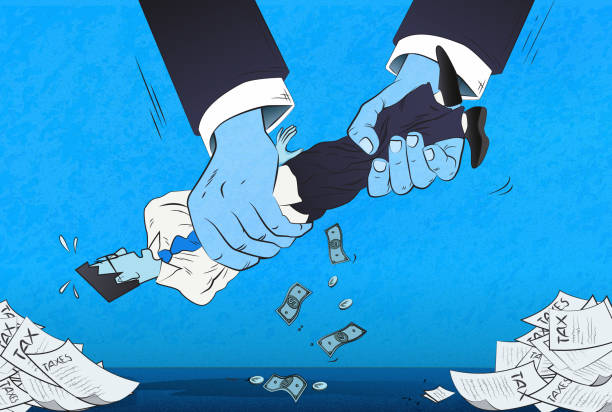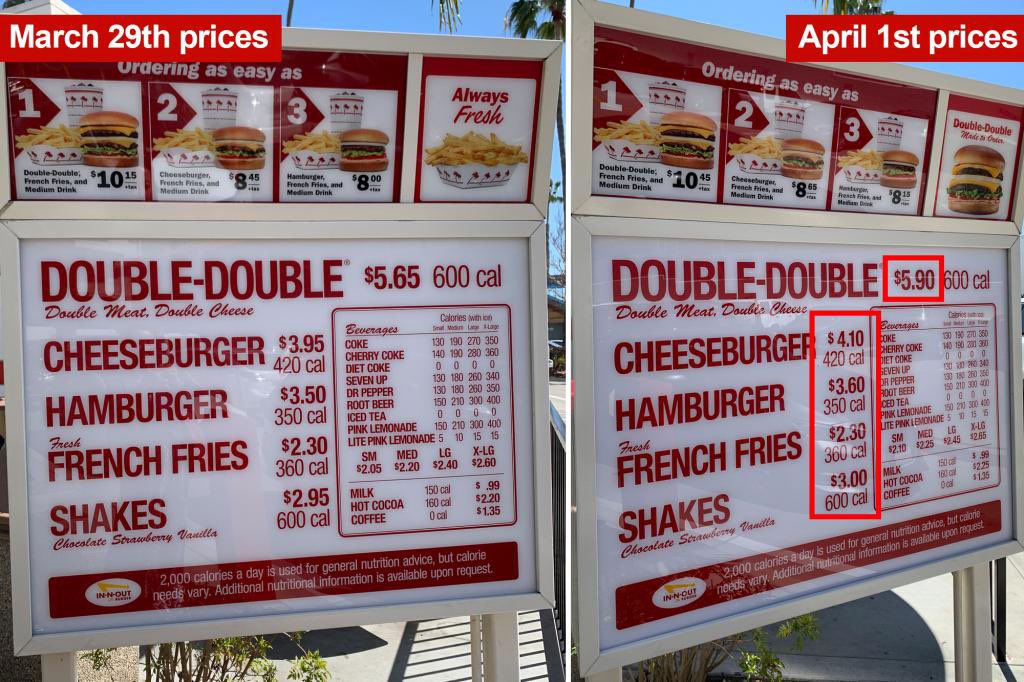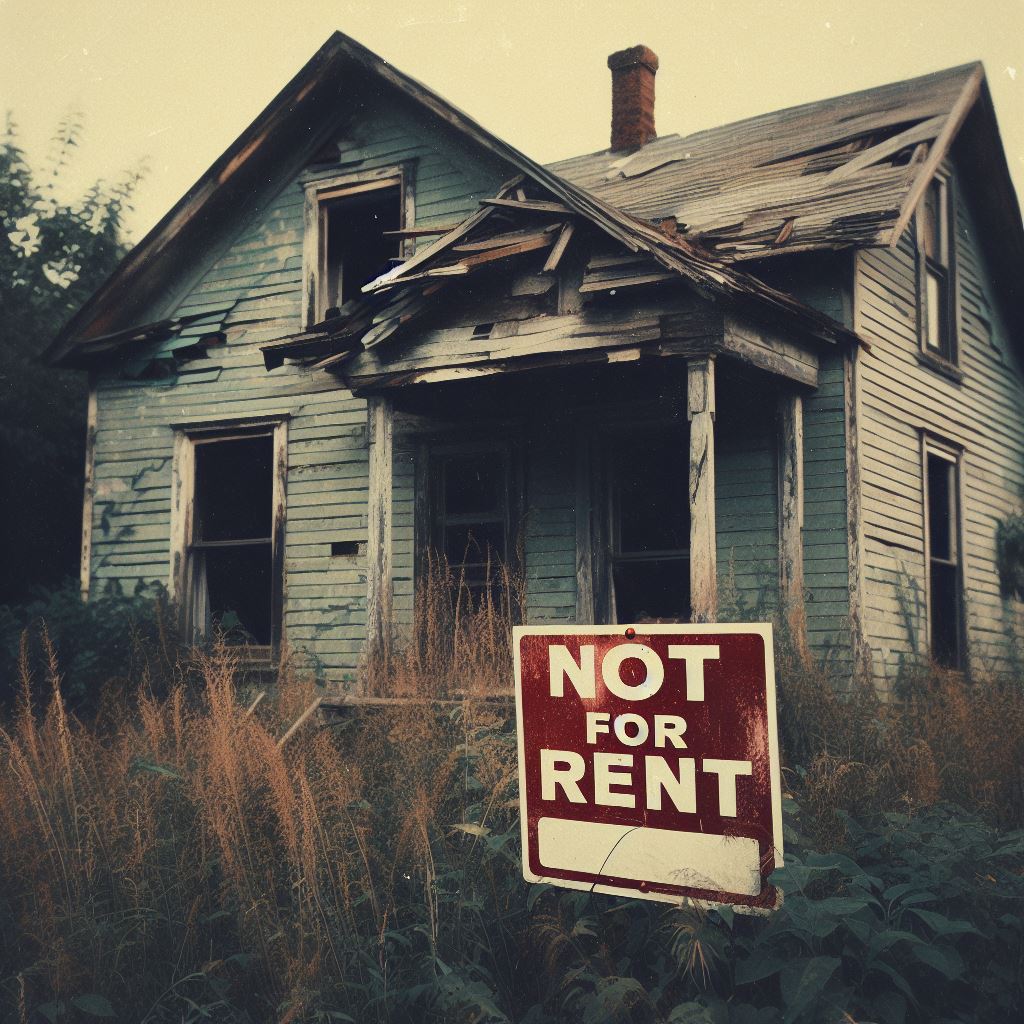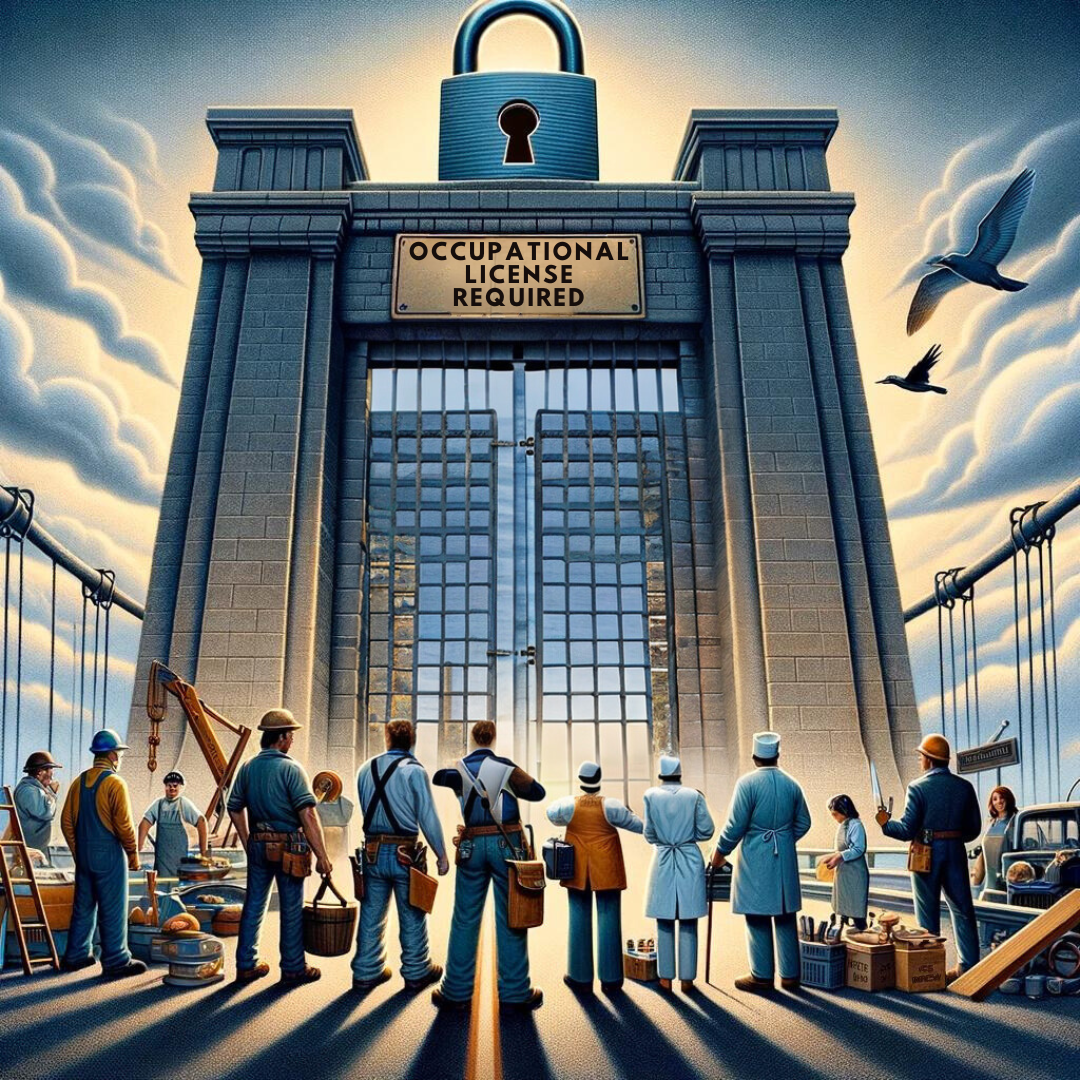Despite evidence from UW study, supporters of Seattle’s $15 minimum wage law still refuse to acknowledge any trade-offs of a higher minimum wage
Yesterday, The Seattle Times featured an editorial extolling Seattle’s $15 minimum wage law. The editorial, referencing the University of Washington report commissioned by the city to study the impacts of the wage law, was riddled with proclamations of victory and “I-told-you-so’s” that the city’s economy has not collapsed.
Given the authors are from the National Employment Law Project and the Washington State Budget & Policy Center, I am not surprised by their dogmatic support of the city’s higher wage. Both organizations have made increasing the minimum wage a cornerstone of their policy agendas. They consistently argue there are absolutely no costs, trade-offs or downsides to increasing the minimum wage. It is all benefit, for workers and employers.
I was, however, a little surprised by the editorial’s blatant misrepresentation of the results of the UW study. By omitting the UW researchers’ conclusions of the impacts of the wage hike, the authors purposefully distort the study’s key findings. As the UW study sums up:
“The major conclusion one should draw from this analysis is that the Seattle Minimum Wage Ordinance worked as intended by raising the hourly wage rate of low-wage workers, yet the unintended, negative side effects on hours and employment muted the impact on labor earnings.”
That sobering conclusion hardly fits with the gleeful narrative being peddled in the editorial that “for workers in Seattle and SeaTac who are living on the margins, the pay increases make a meaningful difference in their day-to-day lives.”
But what really surprised me was that the vast majority of Times readers who commented on the editorial didn’t buy the authors’ “all benefit, no cost” portrayal of Seattle’s $15 wage law. I’m guessing most Times readers would not fit the description of “right-wing ideologues” intent on “exploit the working poor”—but they get the basic economics that predict there are consequences of an artificially high wage.
Dozens of readers lambasted the editorial for failing to even mention the other findings of the UW study, which clearly identifies some unintended side effects (or costs) of Seattle’s higher minimum wage. Some pointed out that the study only examines the first phase of the city’s wage law, which bumped the minimum wage to $11, and say the real impact won’t be known until employers are paying the full $15 wage. Others noted the city’s hot economy is likely blunting, if not masking, more significant impacts, the full extent of which won’t be seen until the economy cools. Some readers thoughtfully wondered about the impacts we can’t see, such as how many jobs were not created in Seattle because of the city’s wage mandate.
All of these are points made in the UW study.
Many readers simply commented on their personal experience of paying higher prices since the city’s wage hike went into effect:
“Every single restaurant I looked up that I used to visit (stopped going to eat to Seattle last year) has raised its prices. This includes coffee shops as well as dine in restaurants.” Puget in Motion
“Seattle restaurants have significantly increased their prices since the wage increases have gone into effect. The article misses this point entirely. There are many that we will no longer frequent due to these price hikes.” mrmagnolia
“I make an above average median wage but find it harder and harder to afford restaurants in the Seattle area. Menu prices have increased across the board in the past 2 yrs.” User1006194
“I for one have been doing much better since the min wage hike. With all the foisted service fees and menu price increases I've ceased patronizing many an establishment. My bank account thanks me!” Brainwashed Voter
“I too have been brought to the realization that is has just become too expensive to eat out much.” seattlelogic
These Times readers seem to understand what the authors of the editorial do not—or perhaps simply refuse to admit. Forcing a business to increase the wages they pay does not happen in a vacuum—it creates ripples that are felt by employers, workers and consumers. Some employers and workers may be better off, but others will not be. As the lead researcher in the UW study says, the higher minimum wage creates "winners and losers."
It is disingenuous for minimum wage advocates to continue to insist there are no downsides to increasing the minimum wage.
Rather than deny such tradeoffs are happening, minimum wage advocates should be honest and admit they just think those higher wages come with costs they believe are acceptable.







